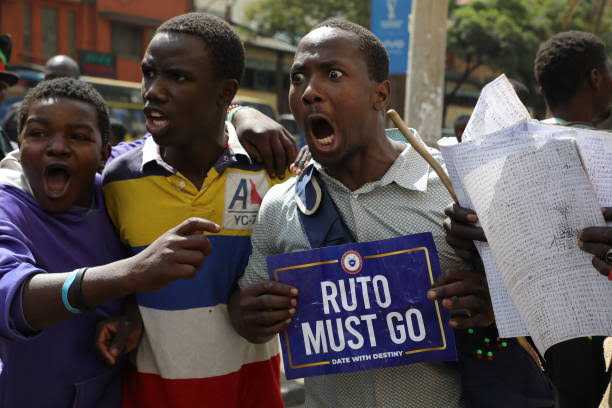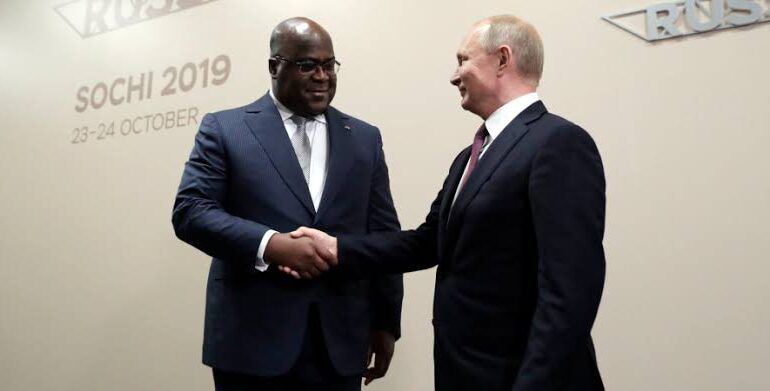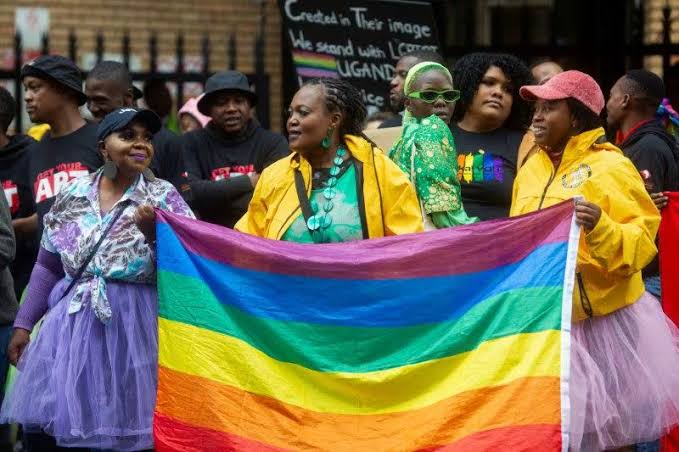
Faith Nyasuguta
US lawmakers are spearheading a resolution to be presented in the House, urging the Ugandan government to repeal its anti-gay law. A copy of the resolution, reviewed by The EastAfrican, shows that 21 congressmen and women are calling for the swift repeal of the Anti-Homosexuality Act, which was enacted early last year.
They argue that the law criminalizes consensual same-sex conduct and imposes draconian punishments for the so-called promotion of homosexuality.
The resolution also advocates for the continuation of sanctions against current and former Ugandan officials involved in the repression of marginalized populations. These sanctions include visa restrictions for entering the US and maintaining business and travel advisories regarding activities in Uganda. Representatives Mark Takano and Joyce Beatty, who are leading the resolution, support reducing US support to the Ugandan government until the law is repealed.
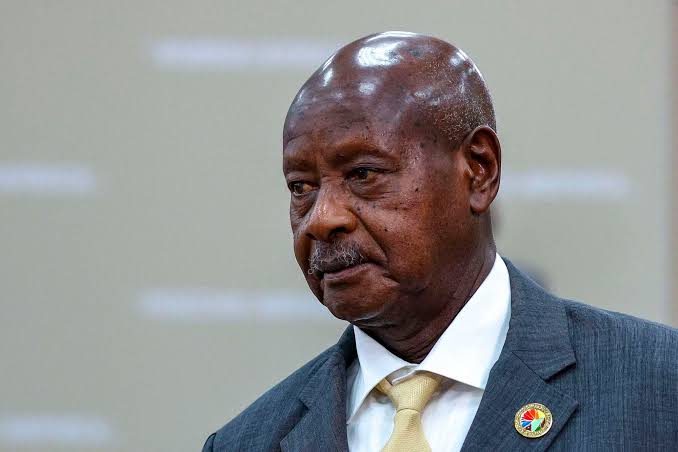
Last year, several US companies under the Africa Growth Opportunity Act (Agoa) stopped purchasing textiles from Uganda due to the Anti-Homosexuality Act 2023. This was revealed by President Yoweri Museveni during a ceremony for Uganda Prisons Service officers at Kololo Ceremonial Grounds in Kampala.
“The homosexuals in the US are interfering with our export of textiles. Some of the orders have been cancelled there,” Museveni said. “But I am not concerned about that because the money you have been squandering with the second-hand clothes, importing other people’s fabrics, is much more than what we are going to earn from the sales to the US,” he added.
Agoa, an initiative of the US government that began in 2000, allows eligible countries, including Uganda, to export textiles and agricultural products to the US tariff and quota-free. In return, the beneficiary countries open their markets to second-hand clothes, mainly from the US. Under this trade incentive, the value of Uganda’s annual exports had grossed $200 million (Ush741 billion).
Government officials in Kampala were not immediately available to comment on the matter on Tuesday. However, Ellen Masi, the public affairs counsellor at the US Mission in Kampala, stated that Washington had made it clear that the enactment of the anti-gay law would negatively impact Uganda’s economic prospects.
“On March 28, more than 35 major multinational companies, including those with operations and employees in Uganda, released a statement highlighting the negative repercussions the anti-gay law will have on their ability to do business in Uganda,” she said.
Masi added that nine out of every ten Fortune 500 companies have non-discrimination policies based on sexual orientation. “So, the enactment of the anti-gay law could deter foreign companies from doing business here in Uganda,” she said.
The Anti-Homosexuality Act 2023 was enacted following reports of increasing recruitment of Ugandans, particularly students, by gay groups. Parliament, encouraged by religious leaders and constituents, passed the law in May 2023, and President Museveni signed it into law three weeks later. The enactment drew protests and condemnation from Western capitals, including Washington, with many governments threatening actions.
In response, President Joe Biden ordered a review of US relations with Uganda, and Secretary of State Antony Blinken announced that Uganda’s eligibility for Agoa was being reconsidered. Apart from visa restrictions on Speaker of Parliament Anita Among, a champion of the anti-gay law currently being challenged at the Constitutional Court, the Biden administration has not yet imposed additional sanctions.
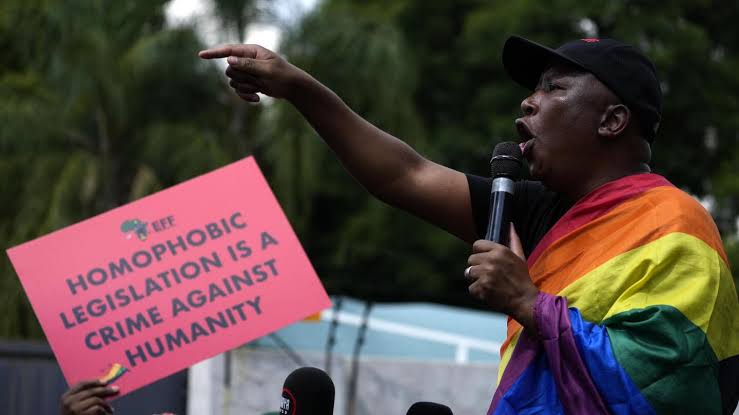
In August, Museveni also banned the importation of second-hand clothes, labeling them as items belonging to “dead people.” “I have declared war on second-hand clothes to promote African wear. We are going to stop the importation of second-hand clothes to create jobs from textile factories,” he said in an address in Mbale. “Anybody who will stand in my way, I will crush him. We will not allow second-hand clothes to enter into the country anymore,” he added.
The ongoing controversy over Uganda’s Anti-Homosexuality Act has highlighted the tension between the country’s laws and international human rights standards, as well as the economic implications of these policies. The US lawmakers’ resolution is a significant step in the international community’s efforts to pressure Uganda into repealing the controversial law.
RElATED:


